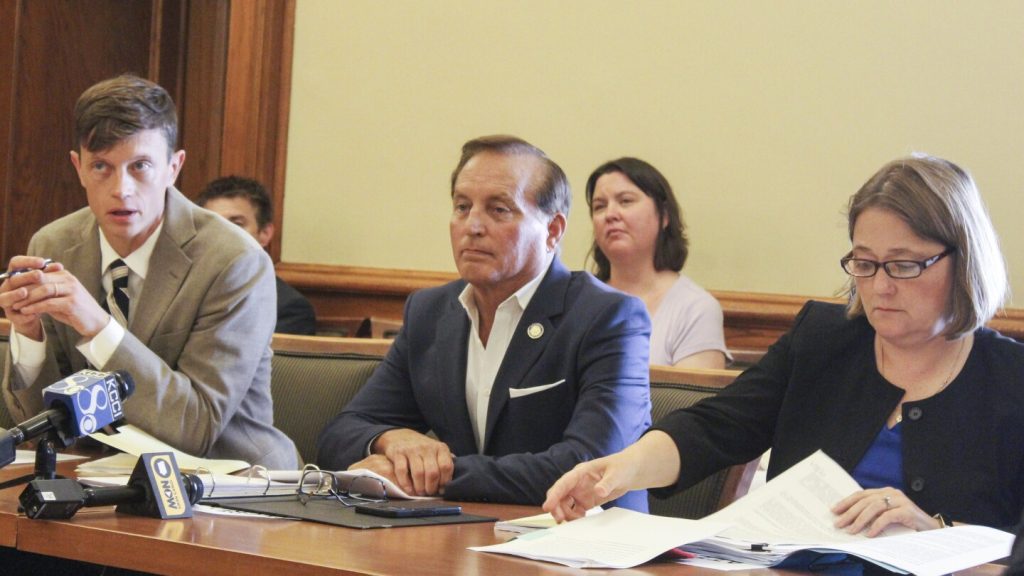A recent ruling in Iowa has barred three Libertarian candidates from appearing on the ballot for U.S. House seats in November. The ruling, upheld by a judge, was based on a technicality regarding the nomination process of the candidates at county conventions. The State Objection Panel, made up of one Democrat and two Republicans, sided with the argument that the Libertarian Party did not follow state law when nominating the candidates. The term of convention delegates was in question, as they were selected on the same day as precinct caucuses where the county convention delegates were chosen.
The judge, Polk County District Judge Michael Huppert, agreed with the panel’s decision, stating that strict compliance with state law is required in such cases. The ruling was supported by the two Republican members of the panel, Attorney General Brenna Bird and Secretary of State Paul Pate, while State Auditor Rob Sand, a Democrat, dissented, accusing his colleagues of political bias. The decision has implications for the upcoming election, as third-party candidates like the Libertarians can potentially impact the outcome of races by taking votes from major party candidates.
The challenges faced by third-party candidates are not uncommon during elections, with concerns about their impact on the race being raised by both Democratic and Republican leaders. The potential for a third-party candidate to sway the outcome of a race, especially in swing states, is a significant factor in the decision-making process. In Iowa, where one congressional race was decided by a narrow margin in 2022, the presence of third-party candidates can be pivotal. The Libertarian Party of Iowa, which gained major party status in 2022, is now facing obstacles in having their candidates on the ballot.
The arguments presented in court centered around the state’s regulations for major parties and the need to maintain election integrity. While the Libertarian Party of Iowa acknowledged technical mistakes in the nomination process, they argued that these errors should not invalidate the nominations. The chair of the party, Jules Cutler, characterized the ruling as “bullying” to keep the party off the ballot, likening it to excluding the “small kid on the block.” Despite the setback, an appeal to the Iowa Supreme Court is still possible, potentially delaying the certification and printing of ballots.
The ruling means that Libertarian nominees Nicholas Gluba, Marco Battaglia, and Charles Aldrich will not be included on the ballot at this time. The certification of ballots, set to be done by the Secretary of State’s office, has been put on hold pending further legal proceedings. The possibility of an appeal to the Iowa Supreme Court adds to the uncertainty surrounding the inclusion of Libertarian candidates in the upcoming election. The decision highlights the challenges faced by third-party candidates in navigating the complex rules governing the electoral process.


